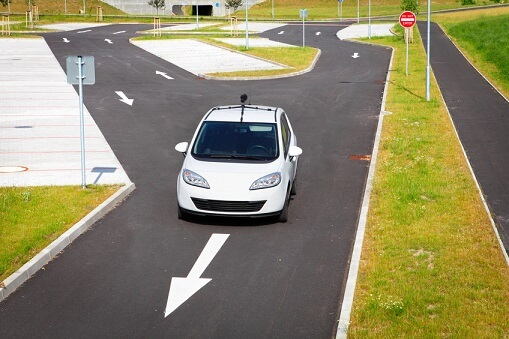

Navigating the risks and perils when it comes to driverless car technology can be something of a minefield.
In February, the government formally introduced the Vehicle Technology and Aviation Bill, setting out the insurance framework for self-driving cars in the UK.
Last month, it was revealed that the Department for Transport (DfT) is reportedly to test the proposed insurance rules on public fleets, before applying them to private cars.
But where insurers are responsible for repairing cars with autonomous technologies, they could be facing hefty bills.
“It’s not only to do with replacing the systems, it’s to do with replacing, checking and verifying that the quality still works in the system, and that’s before we’ve even spoken about the deterioration in the quality of the sensors over a period of time,” Andrew Lee, head of market intelligence and analysis at Octo Telematics, which pioneers telematics for the auto insurance industry, told Insurance Business.
Want the latest insurance industry news first? Sign up for our completely free newsletter service now.
The complexity of the autonomous vehicle space has led to even some of the boisterous tech giants backing off, Lee commented.
“People just don’t understand how the automotive industry works, and I think the likes of Google and Apple thought it would be easy enough to do that, but I think they forgot the level of regulation behind developing a vehicle, the risk in warranties, the recalls behind that, the crash testing that needs to take place – the list goes on,” he said.
And while car manufacturers will “always take the opportunity” to try to sell customers more – such as add-on insurance policies, Lee said brokers should not be worried about being nudged out by autonomous vehicles.
“Obviously with that captive audience there and the unknown of these new features, I think in the first instance brokers will probably see a threat from new cars on the road, but – and it’s a big but – as soon as the vehicle is a year older, or goes into second ownership, this changes completely,” he said.
Going forward, the major car manufacturers will be more useful for the insurance industry when it comes to understanding and working with autonomous technology, despite companies such as Tesla dominating headlines.
Lee said: “It’s the mainstream manufacturers that insurers should be looking at, not the likes of Tesla, that are very good at press releases, but in reality their liability and their customer base is very limited to the real market.”
Related stories:
Driverless car insurance rules reach parliament
What does the future hold for car insurance claims?
